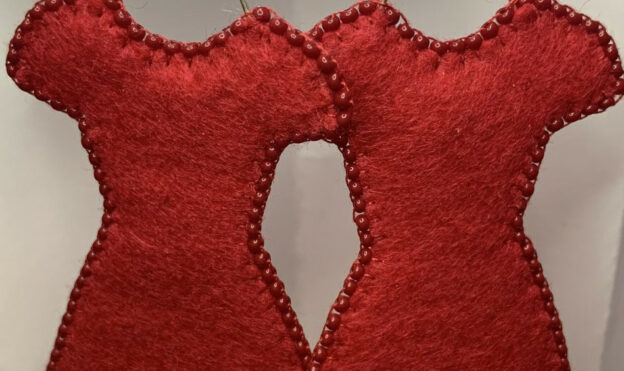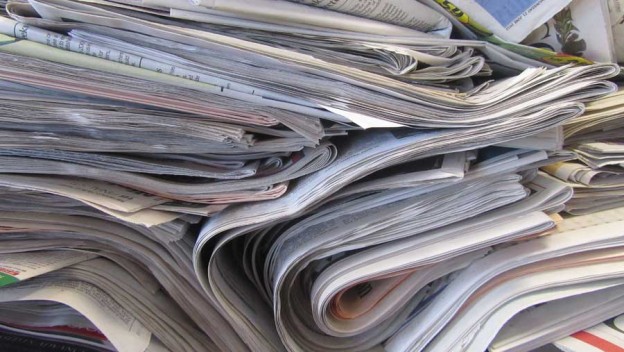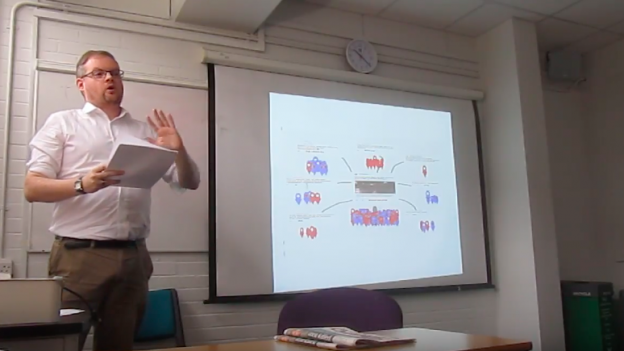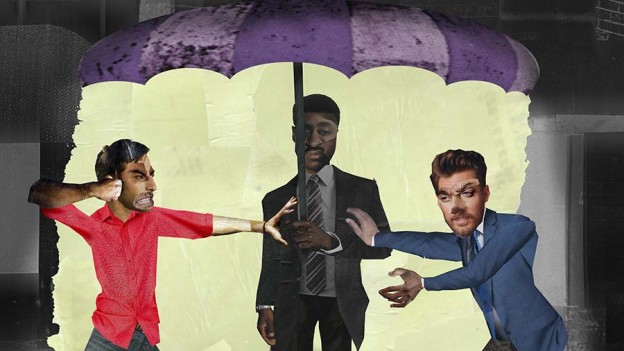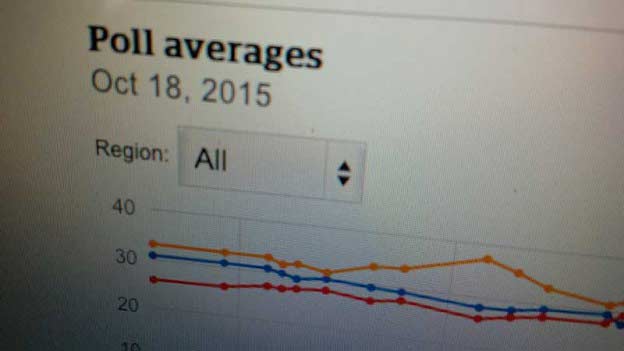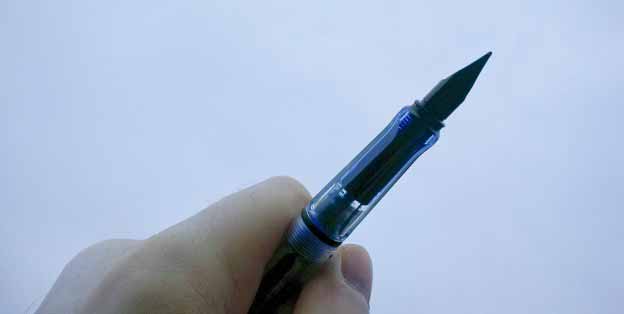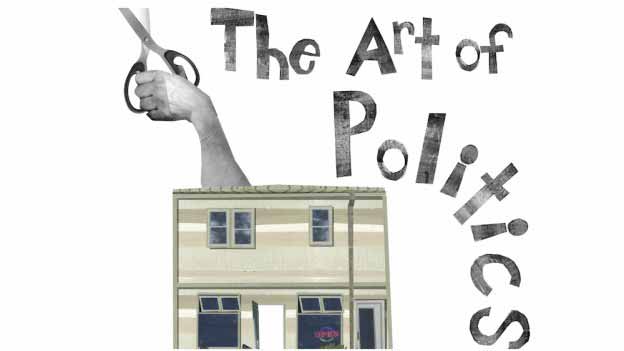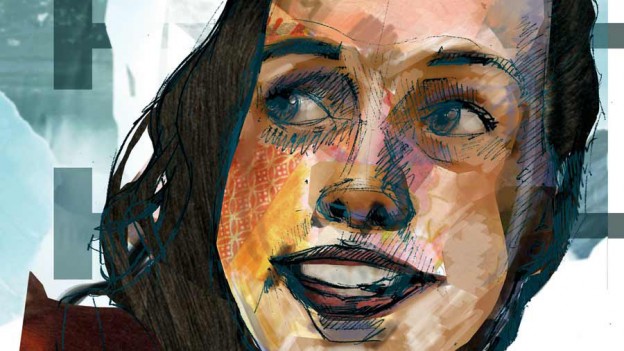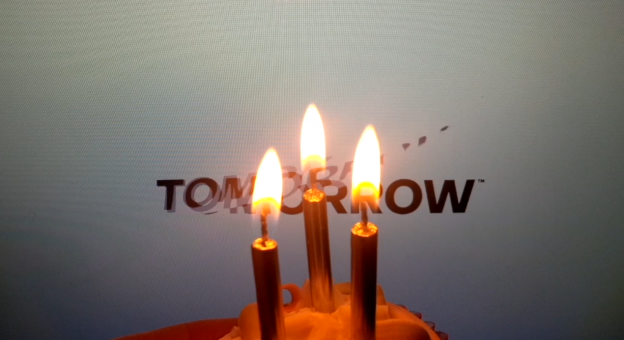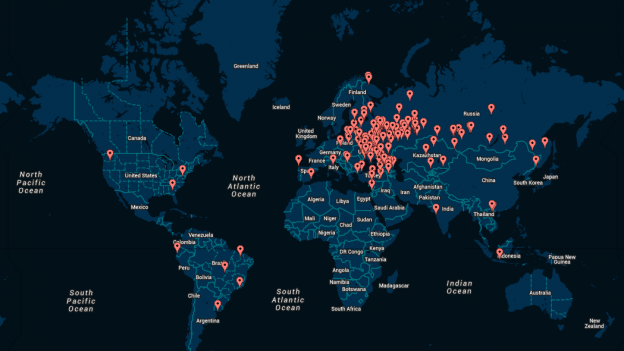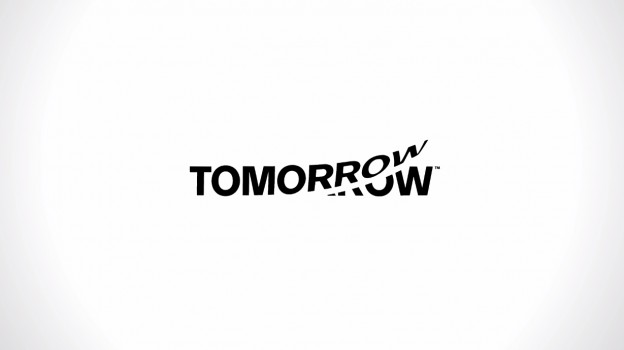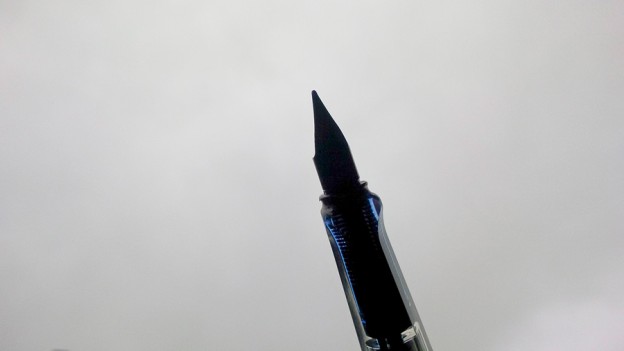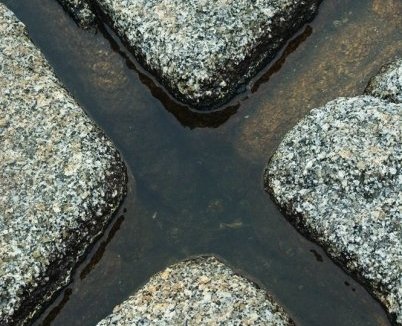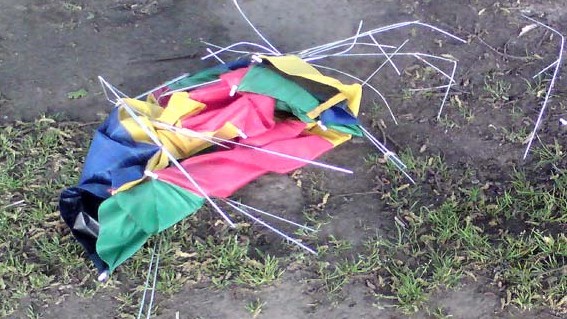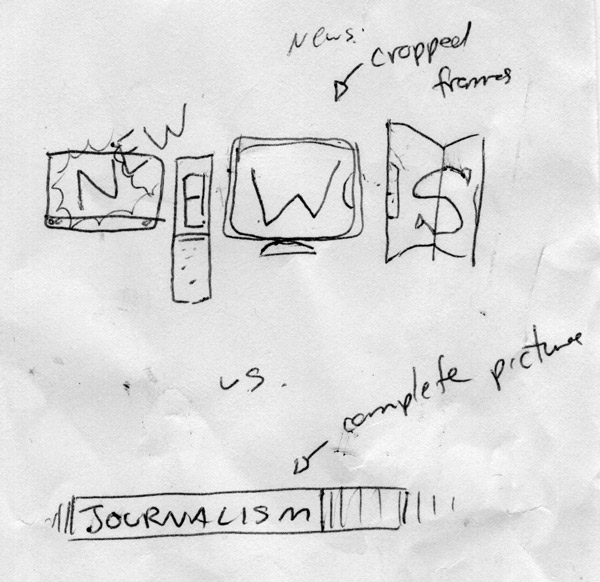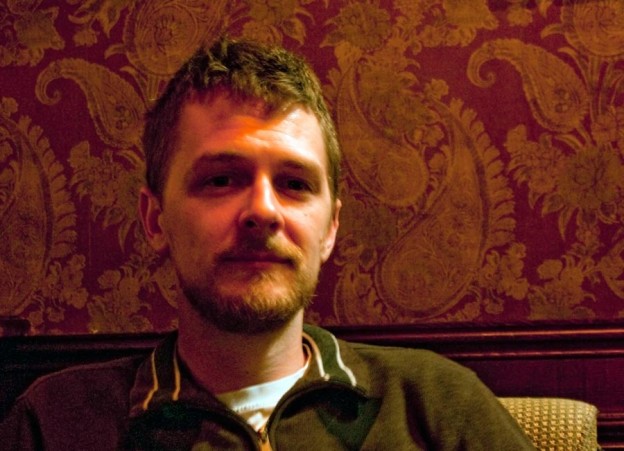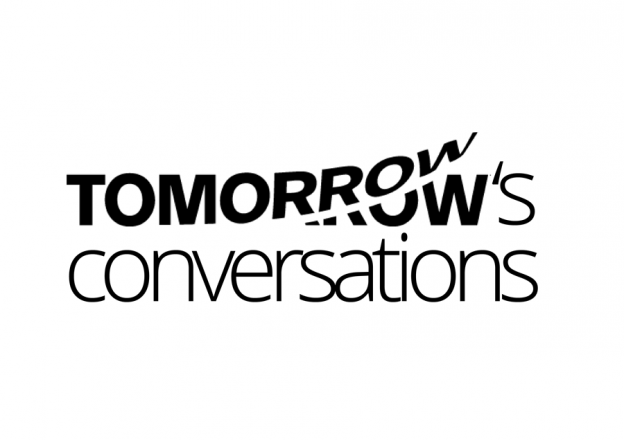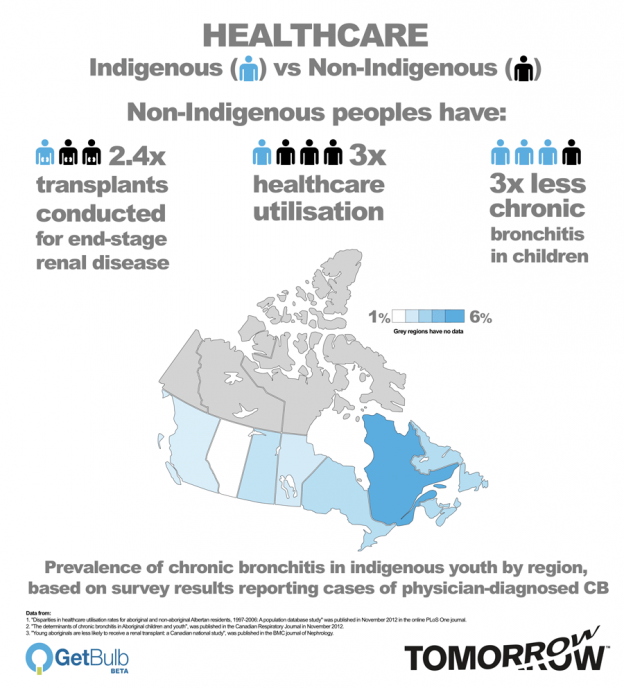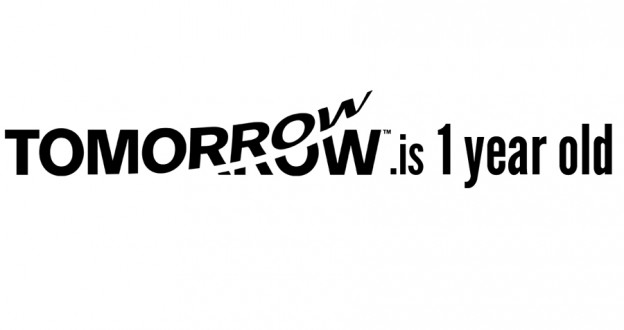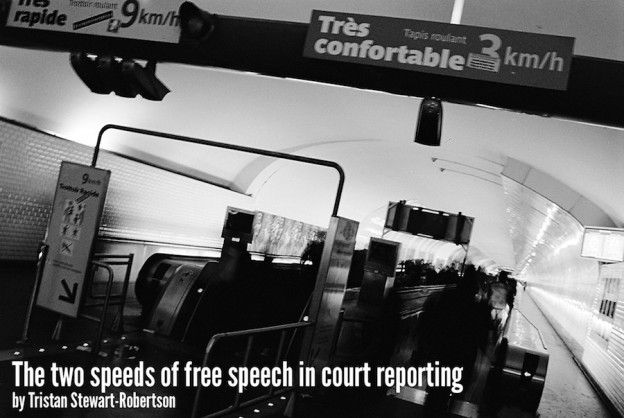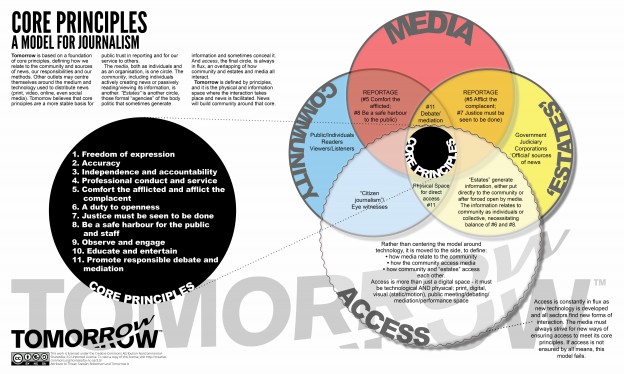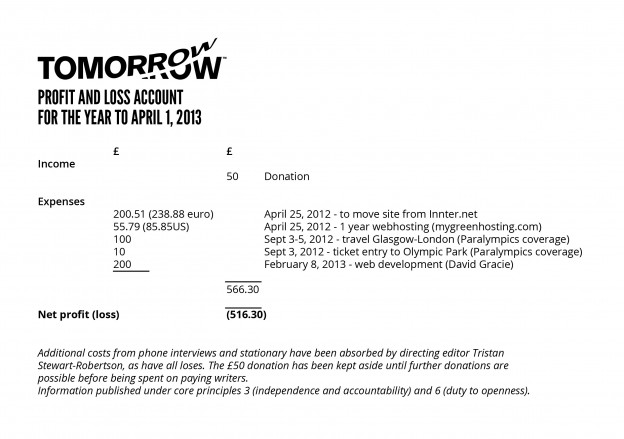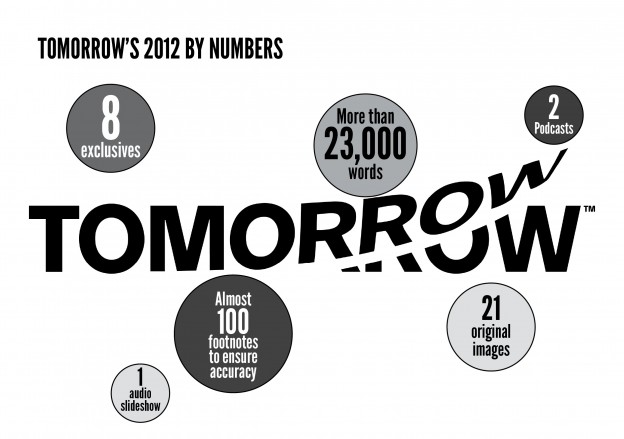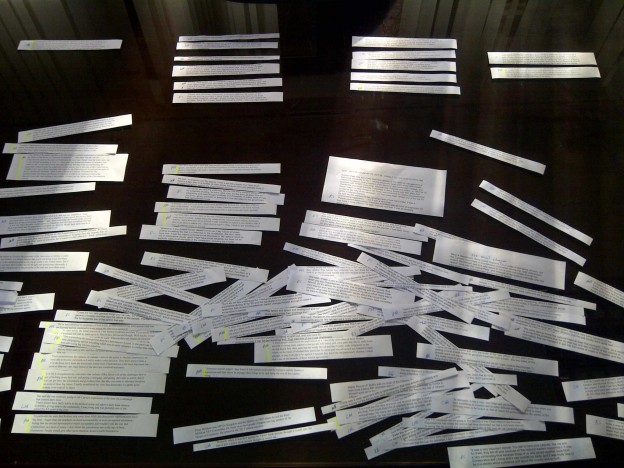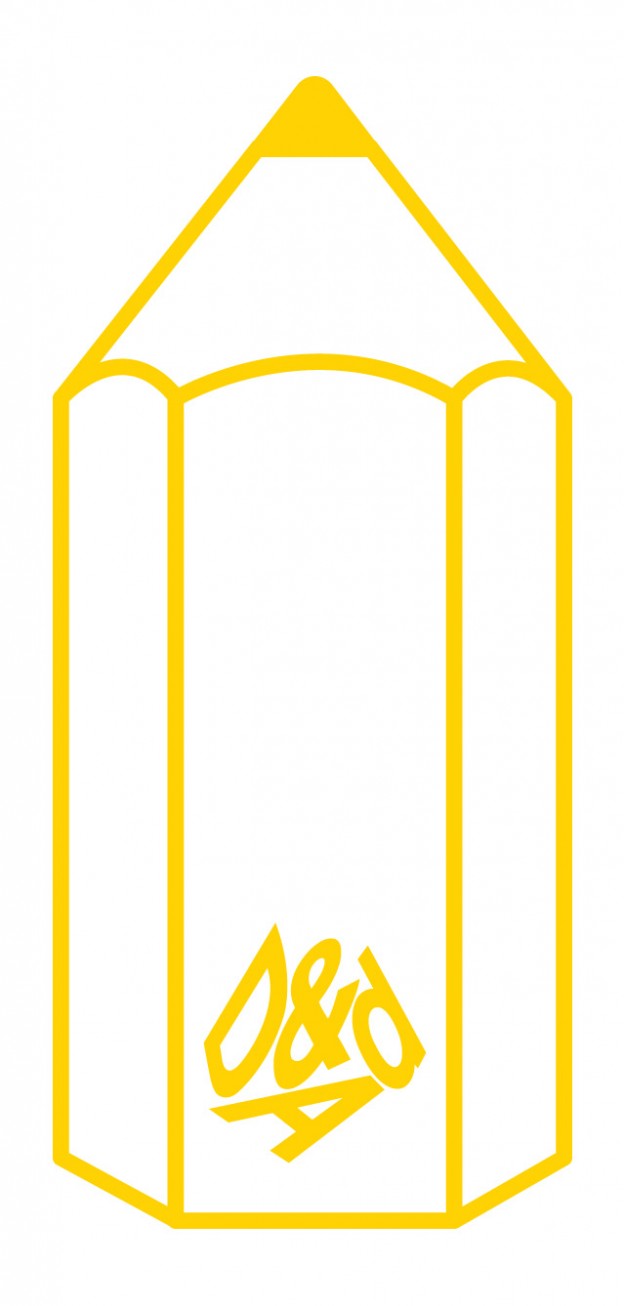Blog
Caught in the headlines – how Canadian journalism failed MMIWG
One year on from the National Inquiry into Missing and Murdered Indigenous Women and Girls (MMIWG),1 the world has changed but too much of Canadian journalism has not. Even as news reports offered extensive coverage on the publication of the conclusions and recommendations, commentary focused on one word: genocide. The response by major Canadian news […]
Death and the Newsmen: The weight of reporting pandemic loss
In the film Citizen Kane, summarising the mystery of “Rosebud”, Thompson says: “Mr Kane was a man who got everything he wanted, and then lost it. Maybe Rosebud was something he couldn’t get, or something he lost. Anyway, I don’t think it would have explained everything. I don’t think any word can explain a man’s […]
Cairncross Review: Can local journalism be saved?
The Cairncross Review in the UK has been soliciting evidence on the future of “high-quality journalism” as local newspapers are under threat.
Factual sovereignty: The end of reporting, history and discourse?
“Factual Sovereignty” is a model to explain how individuals declare what is “true” about others, the role of reporters and the need for mediation.
Are you willing to see journalism wed mediation?
Journalism has to change. Are you willing to consider how reporters could solve problems in communities, such as through mediation? Are you willing to view journalism in new ways?
Scots law for most vulnerable hides behind closed doors
A “conference” on UK and Scots law affecting some of the most vulnerable in society is being held and anyone may attend, except reporters. Is that fair?
Election polls blurred independence of news media
The use of hundreds of election polls by news media during the 2015 Canadian federal campaign was excessive and should be questioned on ethical grounds.
Balibo Five remembered to afflict the complacent
The Balibo Five, reporters for Australian television, were murdered by Indonesian forces on October 16, 1975. Why does it still matter?
The Art of Politics: Canadian federal election 2015
Make art about the issues that matter most in the Canadian federal election 2015 at Cafe Cempoal Calavera Negra in Halifax, NS, on September 19, 2015.
Morgan Bird wins double swimming gold
Tomorrow’s athlete in residence Morgan Bird is now a gold-medal winning swimmer having taken two top spots at the Para Pan Am Games in Toronto, Ontario.
Our third birthday and a year of growth
Tomorrow marks its third birthday today with continued growth and unique pageviews up 23 per cent year on year – but there’s much more work ahead.
657 world destinations that tried to hack this website in 48 hours
Over 48 hours, there were 657 attempts to hack Tomorrow from IP addresses around the world, particularly Russia.
Canada’s Truth and Reconciliation Commission
The Truth and Reconciliation Commission on residential schools in Canada has implications for Tomorrow as a news organisation, which we endorse.
Immigration courts – are we blind to justice?
Reporters are not testing immigration courts and tribunals enough, they are showing deference to power, and justice is not being seen to be done.
Charlie Hebdo: What it means for Liberté
#JesuisCharlie, and #JesuisAhmed, and most importantly, #JesuisLiberté. What the attack on Charlie Hebdo means for journalism.
This post is about Katie Hopkins so you click it
If you know that the media is manipulating you, does that mean they should continue to manipulate because you’re not clicking away from Katie Hopkins?
Web stats 2014: Tomorrow pageviews up 44 per cent
Tomorrow’s web stats 2014 show a 44 per cent rise in pageviews and unique pages views compared to 2013.
Journalism accountability: 2013-2014 accounts for Tomorrow
Tomorrow publishes its profit and loss account for the year to April 1, 2014 towards meeting our core principle of journalism accountability.
Athlete in Residence Morgan Bird
Tomorrow would like to welcome Morgan Bird as the website’s first Athlete in Residence.
Scottish independence and freedom of expression
Tomorrow would argue that freedom of expression must be protected as a first principle if or when Scotland separates or if or when the British government decides to pull out of the European Convention on Human Rights.
#BUMonday – your week can only get better from here
Tomorrow is marking Broken Umbrella Monday (#BUMonday) with weird and wild examples of these once proud shelters of all colours and shapes that are no more.
Stephen Sutton and comforting the afflicting
Stephen Sutton tapped into the raw “humankin” – an almost innocent base foundation upon which are built life’s choices and consequences and accidents, all of which make up the reporting you see every day.
World Press Freedom Day – our responsibilities
World Press Freedom Day should remind the press to use the freedom to good ends, to justify that freedom to our readers, viewers or listeners.
Why we must watch the Winter Olympics
Do not turn away from the Winter Olympics. And do not turn away from the news from Russia when the games are over. Why boycotting the Sochi games is wrong.
Mr Smith goes to Washington – but why?
Mr Smith goes to Washington but won’t tell the press why. How is journalism changing and why won’t sources speak to reporters?
Rob Ford and the dancing monkey
If you train a monkey to dance, then tell it to dance, and it dances, is that still news? No, Rob Ford is not newsmaker of the year. But how was 2013 for Tomorrow?
Tomorrow appoints first Artist in Residence
Jason Skinner has been named Tomorrow’s first Artist in Residence. The programme brings original art to further develop and complement our news, features and other content.
Halifax news café pop-up
Tomorrow’s Conversations is a series of pop-up shops in the community with news website Tomorrow. Drop in with your Halifax news to our event on November 5, 2013.
Royal baby: is it news?
There has been criticism of the news media in various countries for its wall-to-wall coverage of the birth of royal baby Prince George. Was it news?
Does data journalism work?
Tomorrow recently ran its first data journalism graphic as part of our reporting on the health inequity between indigenous and non-indigenous peoples. Why did we do it and did it work?
Tomorrow’s first year
Tomorrow is one year old today. We launched with The Lunch Bunch, we’ve told you about one of Canada’s most unique leaders, the debate of the shape of parliamentary chambers, the hopes and challenges of a legacy from the London 2012 Paralympic Games, the 20th anniversary of Canada’s last national referendum, indigenous education and health […]
Justice must be seen to be done – both by reporters and the public
Why does it matter that justice is seen to be done? Consider the legal and journalism challenges behind the basis of “open justice”.
Core principles – a model for journalism
This is the high-theory model of where our core principles fit into how we operate and how we relate to others. What would be your core principles for journalism? The model works just as well with any principles, but the key is having them as the definition of what you do.
Journalism accountability: 2012-2013 accounts for Tomorrow
Tomorrow publishes is profit and loss account for the year to April 1, 2013 as part of meeting our core principle of journalism accountability.
Scottish press legislation: Tomorrow statement
Tomorrow statement on Scottish press freedom after publication of the Draft Press Standards (Scotland Bill).
Our first six months
How’s our first six months been? We’ve made a good start on building community through news. With words, pictures, audio and social media, we’ve used and honoured our core principles to offer better journalism. If you’ve valued our work, consider recommending us to others or a donation in 2013 and help us grow. Wishing all […]
Newtown shooting and protecting child interviewees
After the Newtown shooting in the US, where media were interviewing very young children, Tomorrow restates policies to ensure we act as a “safe harbour”.
Tomorrow’s position on the Leveson Inquiry
Tomorrow will not sign up to any statutory press regulation in the UK. Our position is defined by our core principles.
Problems with accuracy at the BBC
With controversy over the “shoddy journalism” at the BBC, we’d like to offer a note on Tomorrow’s basic story flow. As well as having to check every aspect of a story initially, each report must be sub-edited twice and then re-read by the reporter before being published. This may not always catch every typo or […]
Robert Kaplan death: Tomorrow statement
Tomorrow notes the passing of former Canadian cabinet minister and creator of the Canadian Security Intelligence Service, Robert Kaplan. We requested an interview with Mr Kaplan in September for our Charlottetown Accord series, unaware of his declining health. Mr Kaplan was still kind enough to politely decline, via an email dictated through a family member. […]
Paywalls and why Tomorrow will not use them
Tomorrow has a “duty to openness”, so we can never justify going behind a paywall. We expect everyone to be open with us, so we will be open to readers.
The craft of reporting
Reporter/Directing Editor Tristan Stewart-Robertson opts for literally cutting sentence by sentence to construct a narrative for a longread. Technology for journalism hasn’t yet caught up to craft.
Political donations and journalism
Figures released by Elections Canada on July 31, 2012 show donations to federal political parties in the first six months of the year totalling $17,334,882.50 from a total of 160,466 individual donations. That works out as an average of $108.03. For substantially less, you can support strong, principled reporting to ensure the spotlight remains on […]
Top award nomination for Tomorrow logo
Our logo design, by Tim Fraser Brown, was one of two nomination finalists for a D&AD design prize (graphic design – logos) and published as one of the top icons for 2012. Our congrats and thanks to Tim for his continuing, award-worthy, efforts. Special thanks too to award-winning band Brasstronaut of Vancouver for allowing us […]

